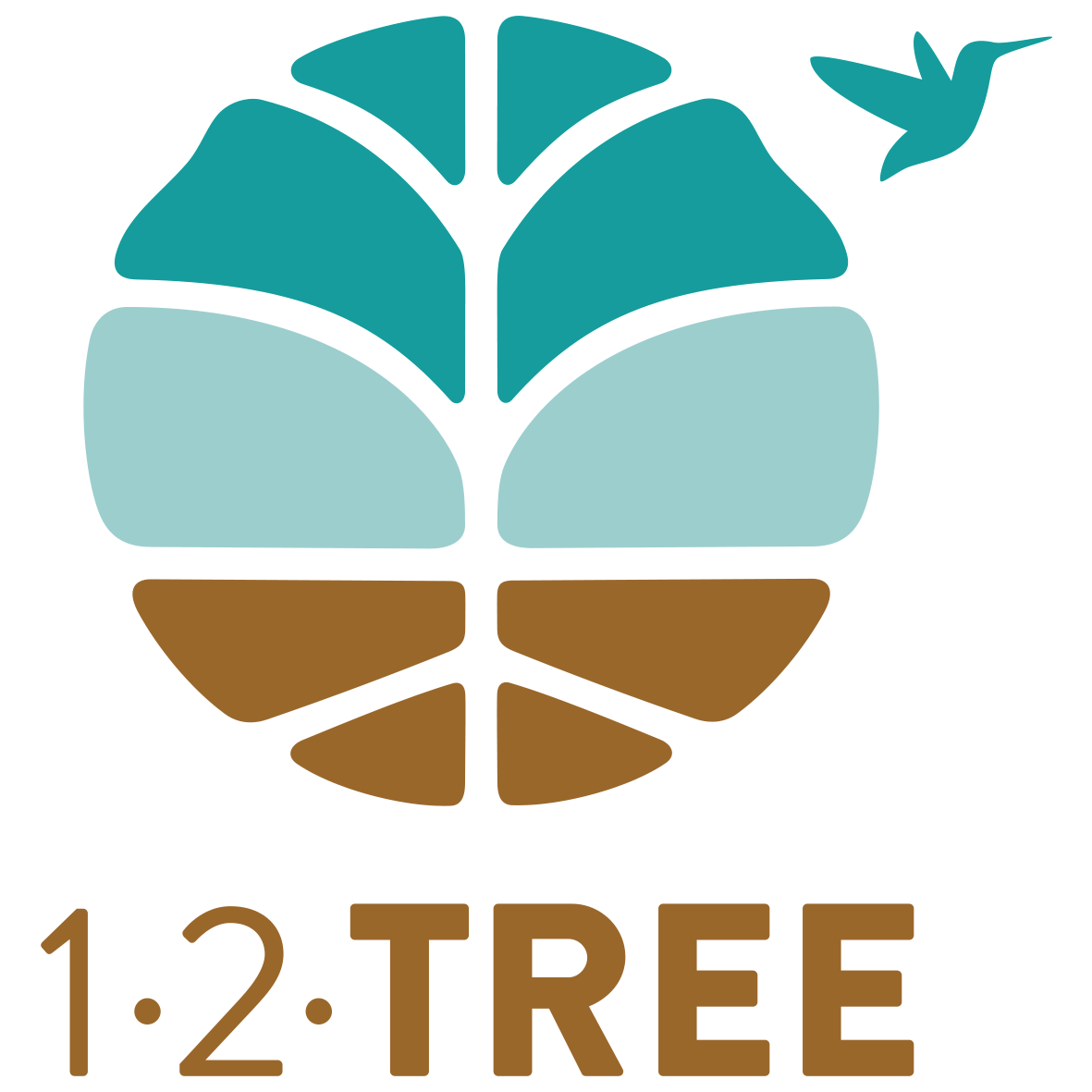Daniel Dalet, the president of the operator company 12Tree Organics and manager of the Ambrosia farm in Nagua, Dominican Republic is a specialist in coconut farming and processing with more than 12 years of experience. We had the chance to ask him some questions regarding his passion for sustainable agriculture and coconut production as well as challenges they tackle on the farm.
Daniel, please tell us, why coconuts? What makes them special?
Coconut palms are beautiful crops with many different uses. This is what makes them so special, a simple plant meets many different consumer needs at the same time. From lifestyle products, to food, to industrial fibers. Another important advantage, in my opinion, is that the management of the coconut palm is comparatively simple. It is very resistant to extreme weather events, such as hurricanes. If continuous irrigation is provided and nutrients are supplied regularly, the coconut palm is very resilient.
Besides, coconuts present a very good business opportunity. The coconut market is severely underserved. It grows by rates of more than 10% every year whereas the supply rises just by 2%. This results in a huge potential for planted coconuts. And additionally, as a sustainable entrepreneur, I’m driven by impact. Not only social but environmental impact. We plant the coconut palms in regenerative agroforesty systems, which continuously improve the soil, the overall biodiversity and provides permanent jobs for many people in the regions. Such systems are more resilient to tackle the future challenges arising from climate change. Looking at the problems we have created through conventional agriculture, I see a future for sustainably grown coconut palms.
Daniel Dalet, president of 12Tree Organics
“Research has shown that the soil is alive. Therefore, we have to treat it like a living organism. Through conventional agriculture, we continue to destroy it, and this disrupts the entire carbon cycle of the planet. Climate change is the direct consequence of this and thus the big problem of how to feed the growing world population with ever poorer harvests.” - Daniel Dalet
That brings me directly to my next question: How are coconuts grown at the Ambrosia farm?
Coconuts are the main cash crop on the farm. They are the central element of all our plots. After an initial growing period in our nursery, the young seedlings are planted in an eight-by-eight triangle. In between they are intercropped with cacao or plantain, while the rest is covered with a dense green groundcover, also known as cover crops. Coconuts are the perfect element for such diverse systems, since they don’t take a lot of space due to their height, while they enrich the soil and act as shading elements within the system.
The coconut palms on our farm have a lifespan of about 15 years, after which we replant, otherwise they are too large for harvesting. Generally, harvesting coconut palms is not easy, so we have specially trained field workers. After harvesting, we remove the husk of the coconut, which is the soft fibrous shell. We granulate this into a powder, which we spread as organic fertilizer on all our fields. The coconut shell with the valuable copra is sold on the market to processors as well as exporters.
Agroforestry farming system at Ambrosia
Why do you think the market is still so undersupplied with coconuts, although demand is constantly increasing, and cultivation should therefore be very profitable?
I see the biggest hurdle in coconut production at the very beginning of the investment. The initial investment is high because you have to invest time and inputs in the crop for six years to get a productive coconut palm. In addition, everything depends on genetics. It is not easy to get highquality seeds, and that makes largescale investments even more difficult and risky. Only when the coconut palm bears fruits – you can tell if the quality of the seed were good or bad, so only after 5-6 years of cultivation. Therefore, you need experienced people on board if you want to get into this business. Also, you need a lot of space, flat land and continuous water supply to grow coconut palms properly. But if all these conditions are in place, if you have the land, the money and the right management, you can make it profitable through sustainability.
This article is an extract of the 2022 12Tree Sustainability Report





